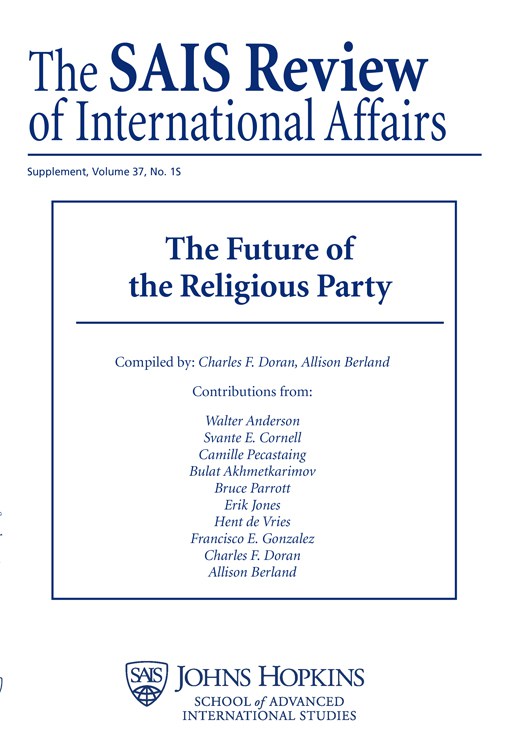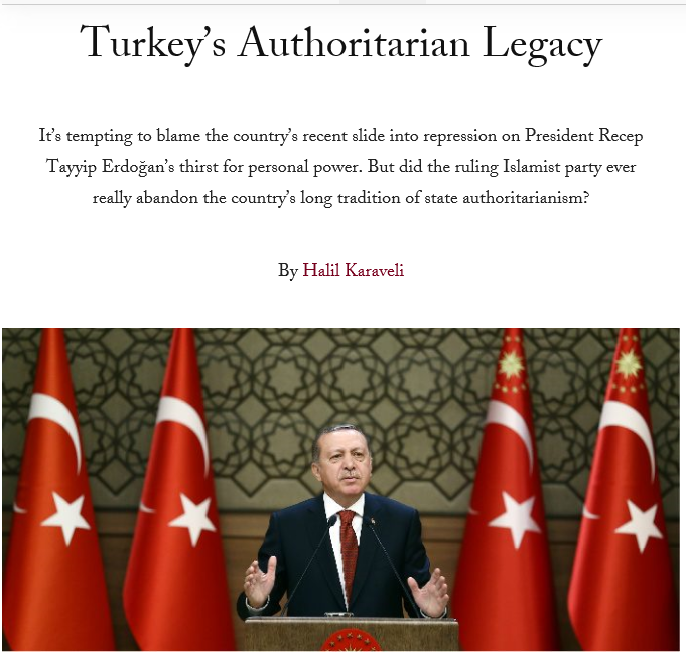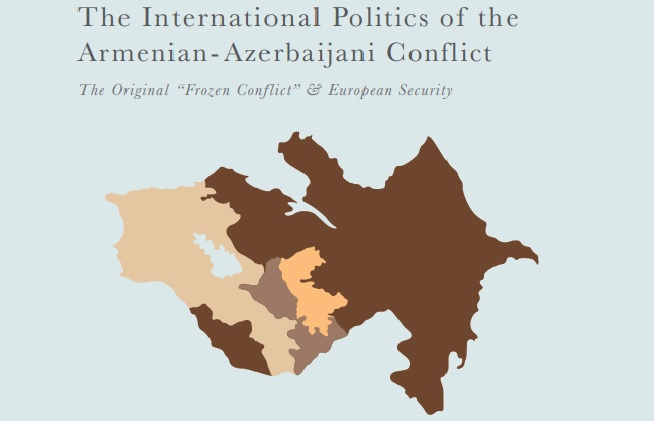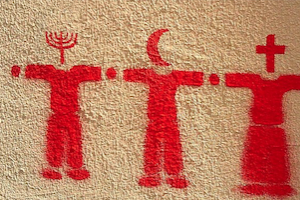A Religious Party Takes Hold: Turkey
 A Religious Party Takes Hold: Turkey
A Religious Party Takes Hold: Turkey
Svante Cornell
Turkey has a unique position in the Muslim world as a country that held the Caliphate for several hundred years but then turned into a secular republic. Over the past ninety years, Islam has coexisted uneasily with the Turkish state, which has tried both to co-opt and suppress a powerful political Islamic movement that began gathering force in the 1960s. Turkey is unique in the fact that a movement rooted in political Islam managed not only to come to power in democratic elections, but proved able to stay in power and continue to win elections for over a decade. Whereas this aspect of the Turkish experience is widely lauded by Western observers, there is nevertheless another side to the coin. As the power of Recep Tayyip Erdoğan and his Justice and Development Party (AKP) grew, they also turned increasingly authoritarian and Islamist. Turkey’s experience is indicative of the broader nature of “moderate” political Islam, and its relationship with democracy; it suggests that “moderate Islamism” has embraced the mechanics of electoral democracy but not its fundamental values.
Turkey’s Authoritarian Legacy
Article, The Cairo Review of Global Affairs, May 1, 2017
Halil Karaveli, Turkey's Authoritarian Legacy
It's tempting to blame the country's recent slide into repression on President Recep Tayyip Erdoğan's thirst for personal power. But did the ruling Islamist party ever really abandon the country's long tradition of state authoritarianism?

The International Politics of the Armenian-Azerbaijani Conflict

Assassination in Ankara
Op-Ed, Foreign Affairs, January 3, 2017
Halil M. Karaveli, Assasination in Ankara
On December 19, Mevlut Mert Altintas, a Turkish police officer, assassinated Andrei Karlov, Russia’s ambassador to Turkey. His action was apparently meant as retribution for Russian bombings in eastern Aleppo, and he is the latest in a string of right-wing terrorists in Turkeywhose acts have served to draw Ankara back toward the West. Less than two weeks after the assassination, in the early hours of January 1, a gunman believed to have been affiliated with the Islamic State (ISIS) killed at least 39 people at an Istanbul nightclub. If such attacks continue, as they very likely will, they could undermine Erdogan's grip on power, which is what the wave of terror is all about, even if the perpetrators differ.
At this stage, it is impossible to know Altintas’ precise intention, whether he was a “lone wolf” or was directed by others, and what consequences the murder will have. But historical patterns offer some clues. First, Turkey has seen a long line of high-level assassinations carried out by the country’s right wing, made up of Sunni Islamists and Turkish nationalists, who have always been aligned in Turkish politics. The killers have typically had connections—a direct one in the case of Altintas, who was a riot police officer—with the country’s security agencies. Second, assassinations have tended to take place in particular geopolitical circumstances, namely whenever Turkey’s long-standing commitment to the Western security alliance has seemed to be in jeopardy. Read more




